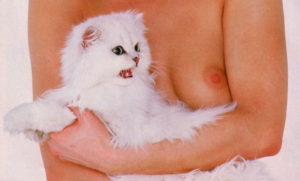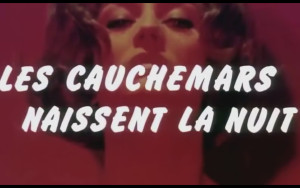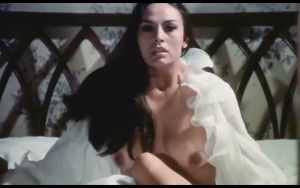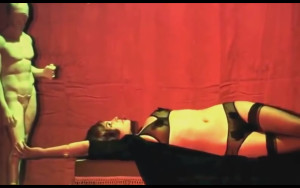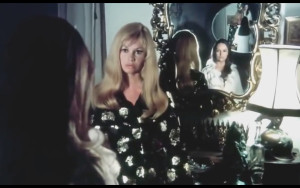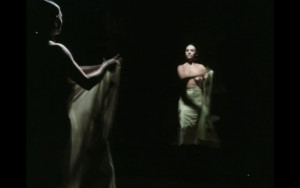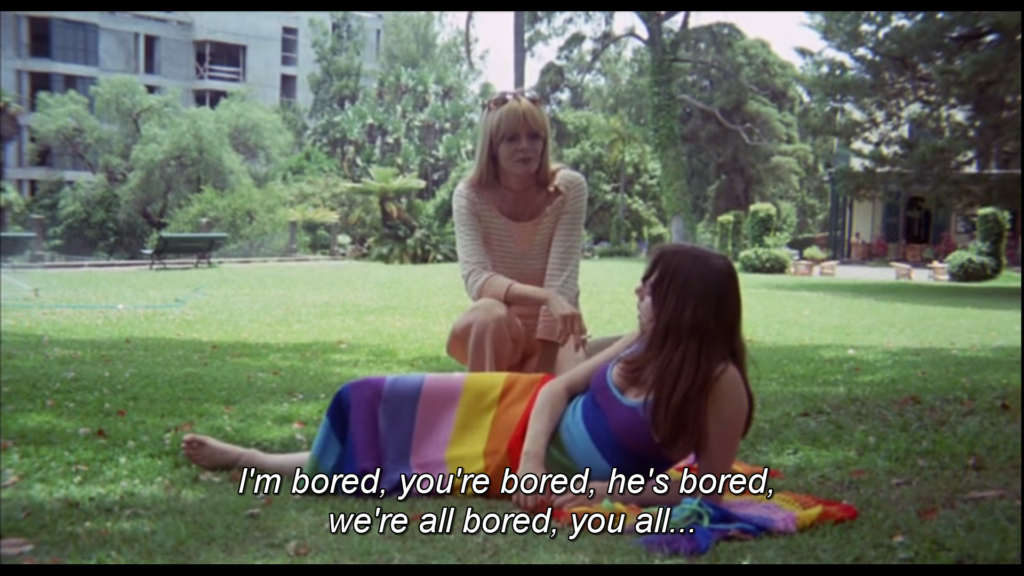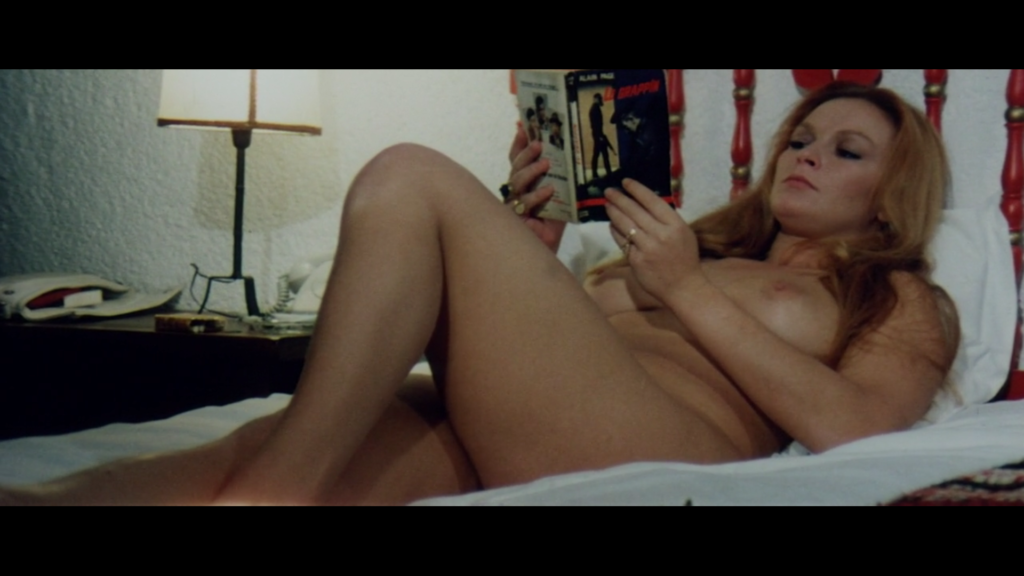Clifford (1996)
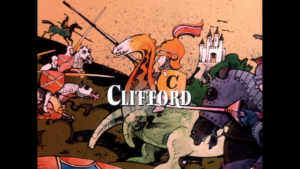
“It’s bad in a new way all its own. There is something extraterrestrial about it, as if it’s based on the sense of humor of an alien race with a completely different relationship to the physical universe. The movie is so odd, it’s almost worth seeing just because we’ll never see anything like it again. I hope.” – Roger Ebert
I sent my co-conspirator these words of Ebert wisdom knowing they would make the movie irresistible to him, and inspire him to track it down. I knew not what I did, and I beg forgiveness of the movie saints. He gave to me the apple and I ate of it.
It begins with an inscrutable framing device involving a Catholic school in the future, before revealing itself to be a vehicle for the antics of Martin Short, portraying a mischievous, unsettling child wreaking havoc through the world of uncomprehending adults, mostly his uncle (Charles Grodin) and his fiance (Mary Steenburgen). These are actors who can certainly do a standard PG comedy as easily as anything, and yet their performances have a persistent stilted strangeness here.
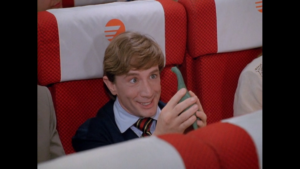
“If Clifford is not a real little boy, then what is he? The movie doesn’t know and neither does the audience, and for much of the running time we sit there staring stupefied at the screen, trying to figure out what the hell we’re supposed to be thinking.” – Roger Ebert.
It’s essentially a ‘90s family comedy, superficially like any other, but pervaded by an evil, alien presence attempting constantly to claw through its surface. I cannot bring myself to describe it further, directly, but I will attempt to outline the malignant vision it has bestowed on us.
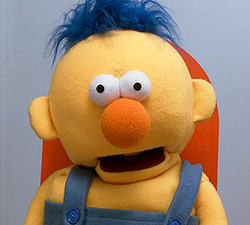
Not from the movie, just how we felt about it.
Cliffordesque.
This is the word we now hold in our troubled hearts. We keepers of the word cannot tell you what it means, and for God’s sake don’t ask us to show you. It is to Lynchian roughly as Lynchian is to everything else.
The Cliffordesque cannot be considered bad. The Cliffordesque inhabits a world to which no aesthetic values familiar to us can apply. It is almost like the persistent strangeness of Nic Cage’s performance in Vampire’s Kiss (1988); but Vampire’s Kiss combines recognizable genres and in so doing becomes the pinnacle of each of them; Clifford has an unnerving family resemblance to a single genre.
It’s a nightmarish quality, like walking into your kitchen and having the unassailable feeling that all its contents have been quietly replaced with exact replicas of those things—that’s how Clifford relates to the ’90s family comedy that it almost seems to be. It takes you to a place where genre itself is obliterated, where you doubt the existence of film, and then of reality. After an hour and a half in its world, the movie makes you want to hug someone, or have a real human conversation, to make sure both you and the world before your eyes are actually real and here to stay.
It is a sitcom theme song played on a saxophone made from a human thigh bone. It is a toddler’s birthday party thrown for an 80 year old man. It is a teddy bear with watering human eyes, staring at you unblinking from the corner of a room that will never, truly, be yours again.
This we have witnessed in this Year of Our Lord 2016, and this is our review.
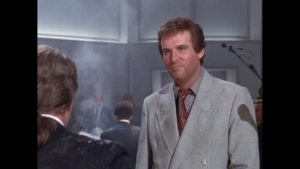
“I underestimated the Evil One. Well, Clifford, what shall we do? Whatever shall we do now?”

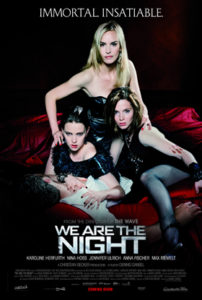
 By far the best character is Charlotte (played by Jennifer Ulrich) the melancholy 20’s starlet vampire, who was taken from her young daughter to become a vampire.
By far the best character is Charlotte (played by Jennifer Ulrich) the melancholy 20’s starlet vampire, who was taken from her young daughter to become a vampire.




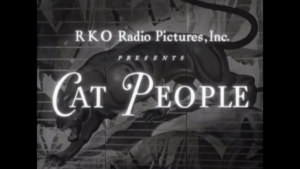
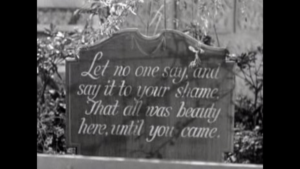
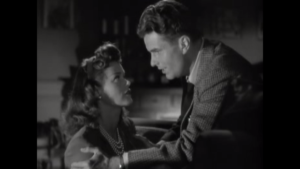
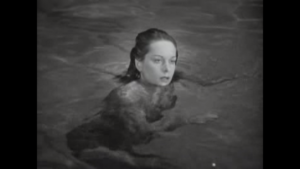
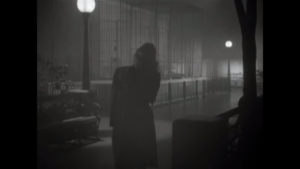
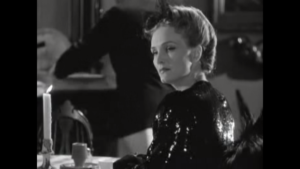
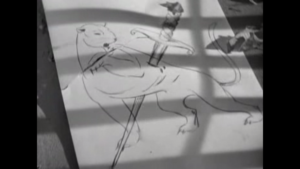
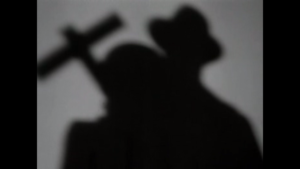
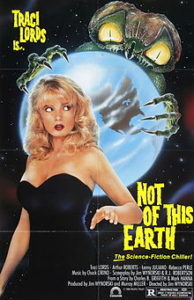
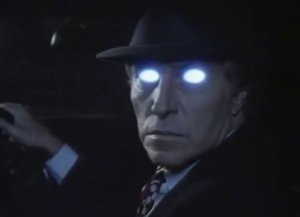
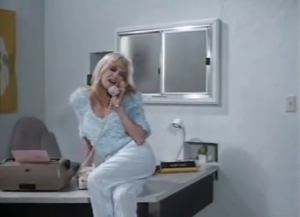
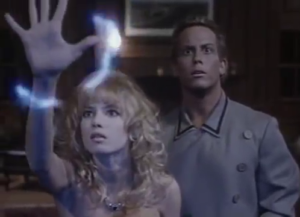
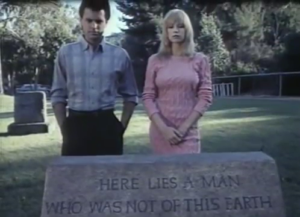
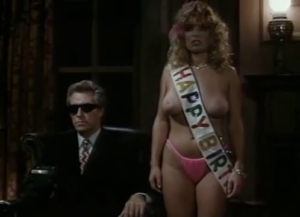
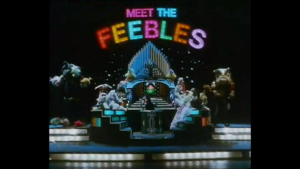
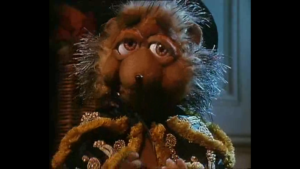
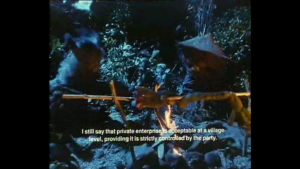
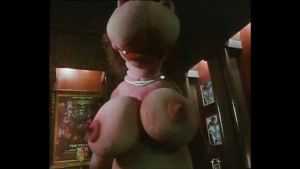
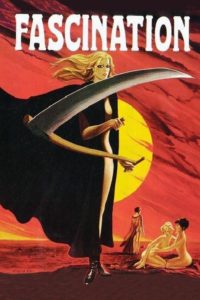
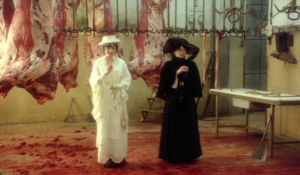
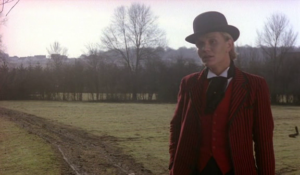 In the early 1900’s, a band of thieves are betrayed by their guy-from-Clockwork Orange cohort, who escapes their guild with a box of pilfered gold. With the less stylish crooks in hot pursuit, he decides to hide out in a beautiful mansion and finds it occupied by two women, Eva and Elisabeth.
In the early 1900’s, a band of thieves are betrayed by their guy-from-Clockwork Orange cohort, who escapes their guild with a box of pilfered gold. With the less stylish crooks in hot pursuit, he decides to hide out in a beautiful mansion and finds it occupied by two women, Eva and Elisabeth.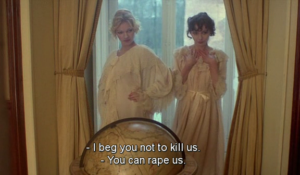
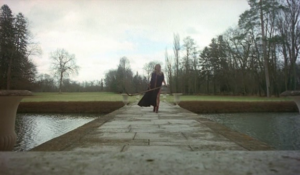
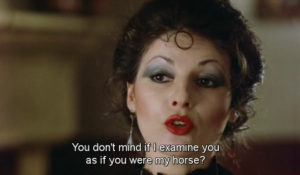
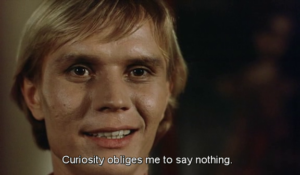
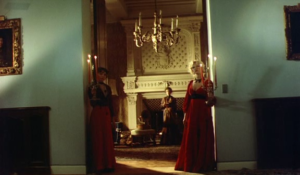 When confined to interior sets, Jean likes symmetry and color, like a slightly less annoying Wes Anderson.
When confined to interior sets, Jean likes symmetry and color, like a slightly less annoying Wes Anderson.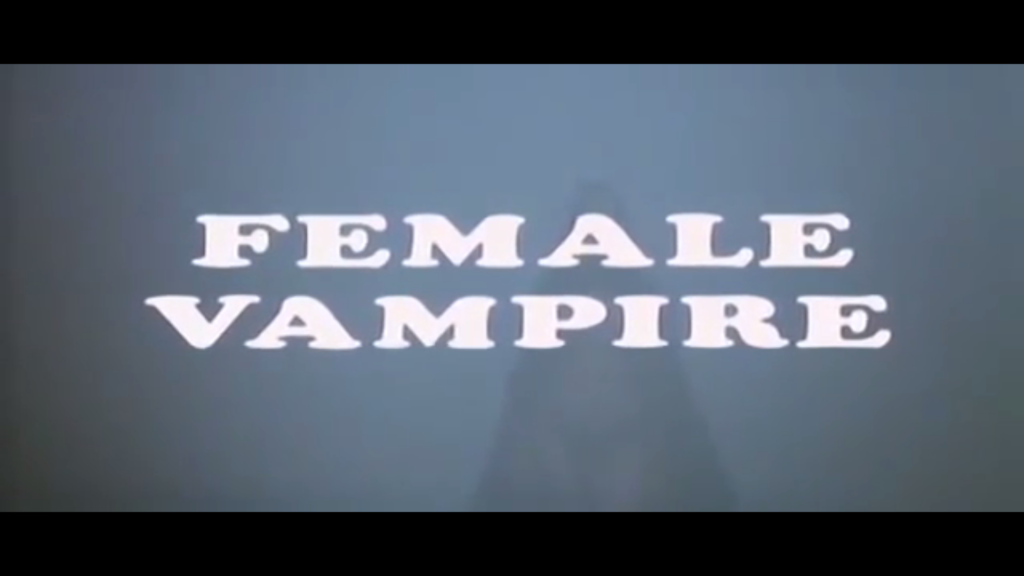
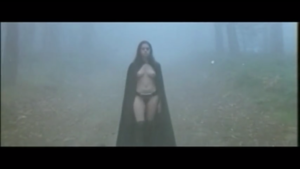
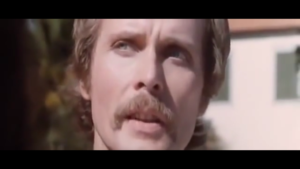
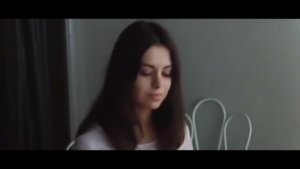
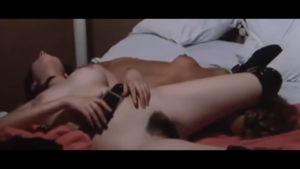
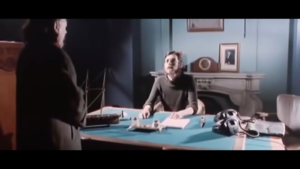
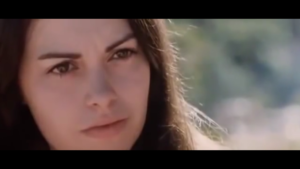
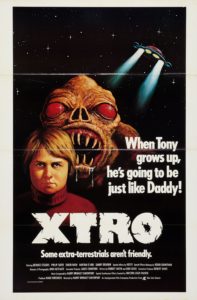
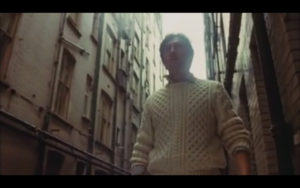 The movie starts with a man (Philip Sayer) and his son (Simon Nash) playing fetch in the yard; they rip a hole in space and the rift sucks the man in.
The movie starts with a man (Philip Sayer) and his son (Simon Nash) playing fetch in the yard; they rip a hole in space and the rift sucks the man in. Can we take a moment of silence and thank our higher powers that this picture was taken?
Can we take a moment of silence and thank our higher powers that this picture was taken?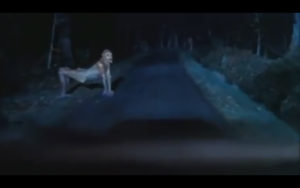 He then finds the requisite isolated woman, impregnates her with himself, and she dies giving birth to the fully adult human father from before. Meanwhile the kid wakes up covered in blood, telling the concerned adults that “daddy sent it.”
He then finds the requisite isolated woman, impregnates her with himself, and she dies giving birth to the fully adult human father from before. Meanwhile the kid wakes up covered in blood, telling the concerned adults that “daddy sent it.”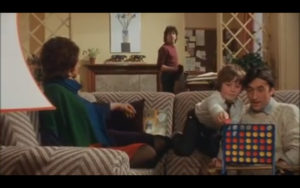 The father, now in human form and stolen clothes, tries to reconnect with his family. He convinces his wife that he has no recollection of where he’s been, though Joe doesn’t believe it for a second. The father squabbles with Joe and eats his son’s pet snake’s eggs (because this is that kind of movie) then, in an incredibly creepy scene, he breathes alien life into his son’s shoulder.
The father, now in human form and stolen clothes, tries to reconnect with his family. He convinces his wife that he has no recollection of where he’s been, though Joe doesn’t believe it for a second. The father squabbles with Joe and eats his son’s pet snake’s eggs (because this is that kind of movie) then, in an incredibly creepy scene, he breathes alien life into his son’s shoulder.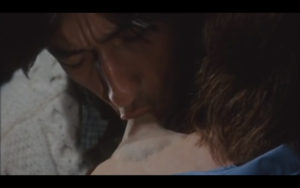 This makeup effect, which feels like someone just peeled open your back to directly lick your spine with a very cold tongue, is the second of two moments (along with the full-grown father emerging head-first from a woman’s vagina) that gave that feeling of “this movie is doing shit we’ve never seen.”
This makeup effect, which feels like someone just peeled open your back to directly lick your spine with a very cold tongue, is the second of two moments (along with the full-grown father emerging head-first from a woman’s vagina) that gave that feeling of “this movie is doing shit we’ve never seen.”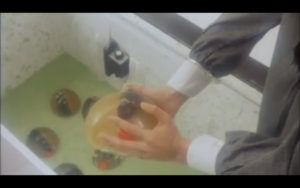
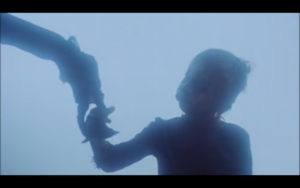
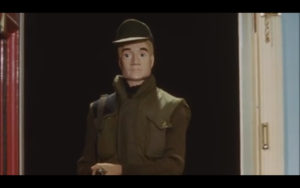 This movie goes that extra mile to show you not just things you’ve never seen before, but things you’ve been afraid to think of, whether that be evil midget clowns in a child’s bedroom or murderous toy soldiers expressionlessly murdering old women.
This movie goes that extra mile to show you not just things you’ve never seen before, but things you’ve been afraid to think of, whether that be evil midget clowns in a child’s bedroom or murderous toy soldiers expressionlessly murdering old women.